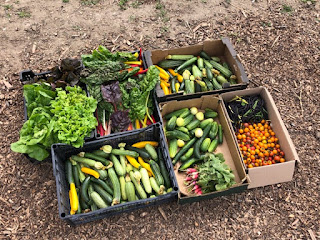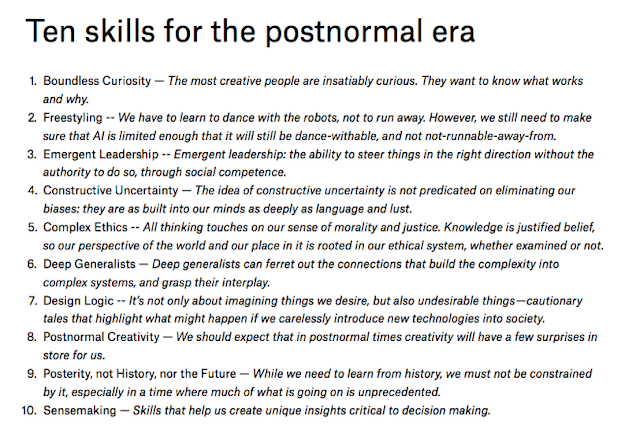Weeknotes: optimism, business and community, agathonicity, greening homes

Somehow I ended up at Alex Steffen's 2008 piece about optimism (this link is to a lightly edited 2016 version). Optimism is a political act. Entrenched interests use despair, confusion and apathy to prevent change. They encourage modes of thinking which lead us to believe that problems are insolvable, that nothing we do can matter, that the issue is too complex to present even the opportunity for change. ... Cynicism is often seen as a rebellious attitude in Western popular culture, but, in reality, cynicism in average people is the attitude exactly most likely to conform to the desires of the powerful — cynicism is obedience. ... Optimism, by contrast, especially optimism which is neither foolish nor silent, can be revolutionary. Where no one believes in a better future, despair is a logical choice, and people in despair almost never change anything. Where no one believes a better solution is possible, those benefiting from the continuation of a problem are safe. Where no one bel...


